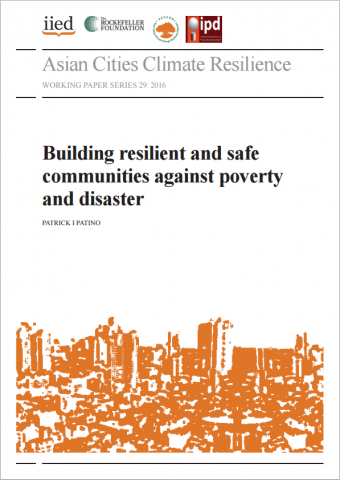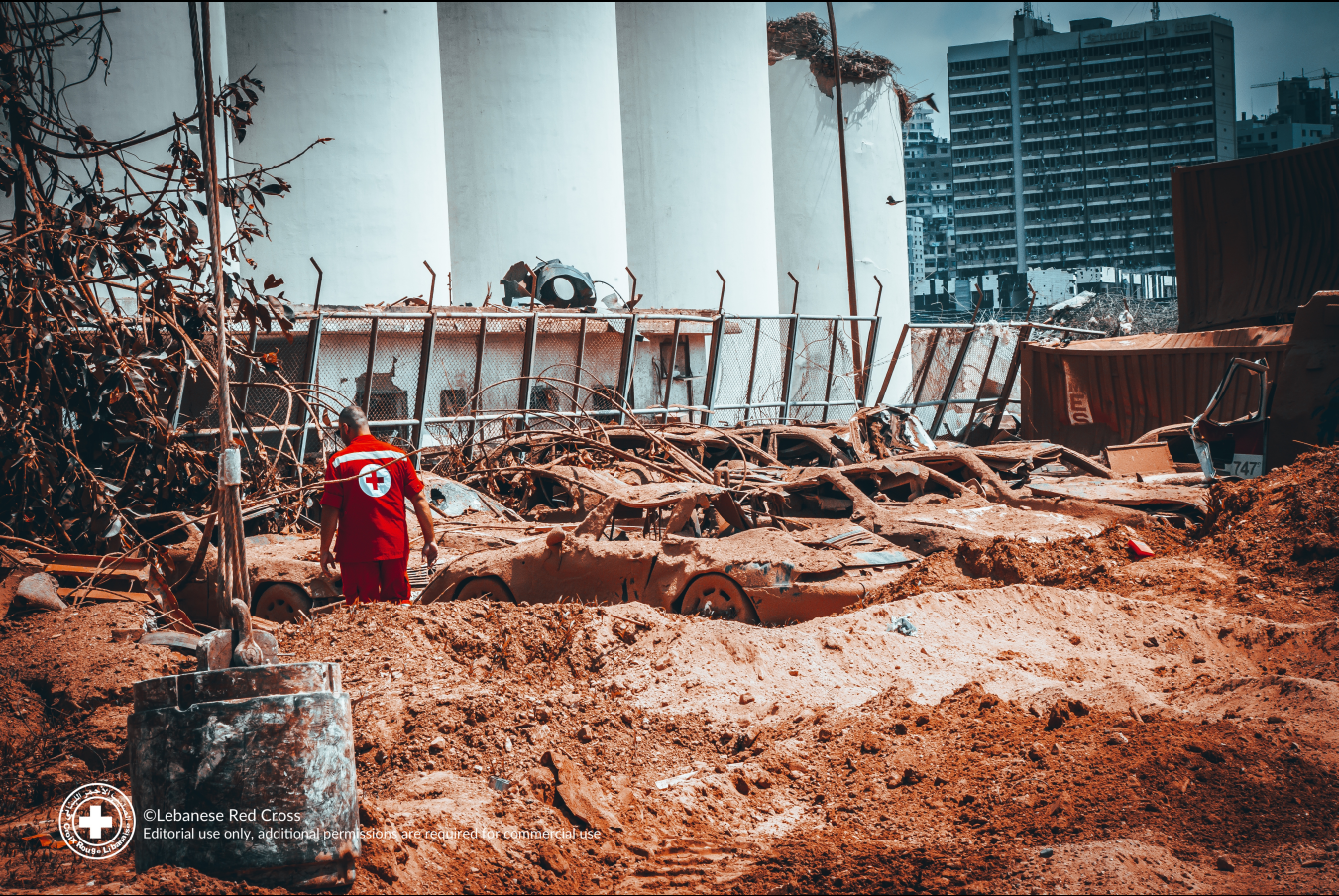Building resilient and safe communities against poverty and disaster


This study examines the institutional networks required to link processes of community-level deliberation to city and national level processes of decision-making and implementation, in the context of urban governance, community development and climate change.
In 2010, the Philippine government introduced a resettlement programme to remove all informal settlers living along vulnerable waterways in Metro Manila. The introduction of the People’s Plan (PP) as the legal framework for the programme has become a formidable tool to address the exclusionary patterns of governance and development that perpetuate informality and push informal settlers to the peripheries of social, economic and political life in the cities. However, communities have to comply with the complicated rules and procedures of different agencies and engage with various stakeholders that have disconnected programmes and policies and different interests.
The study found that the PP unleashed energy and dynamics among stakeholders to address practical matters and open up public and institutional spaces to forge new roles and rules that fit changed circumstances. The PP as a process raised awareness and harnessed the self-initiative, self-responsibility and self-reliance of communities, which are important elements for community resilience. Essentially, the PP is a transformation of the poor and marginalised from ‘informal’ to active citizenship.
International Institute for Environment and Development (IIED), 2016
Online Report
http://pubs.iied.org/pdfs/10771IIED.pdf

